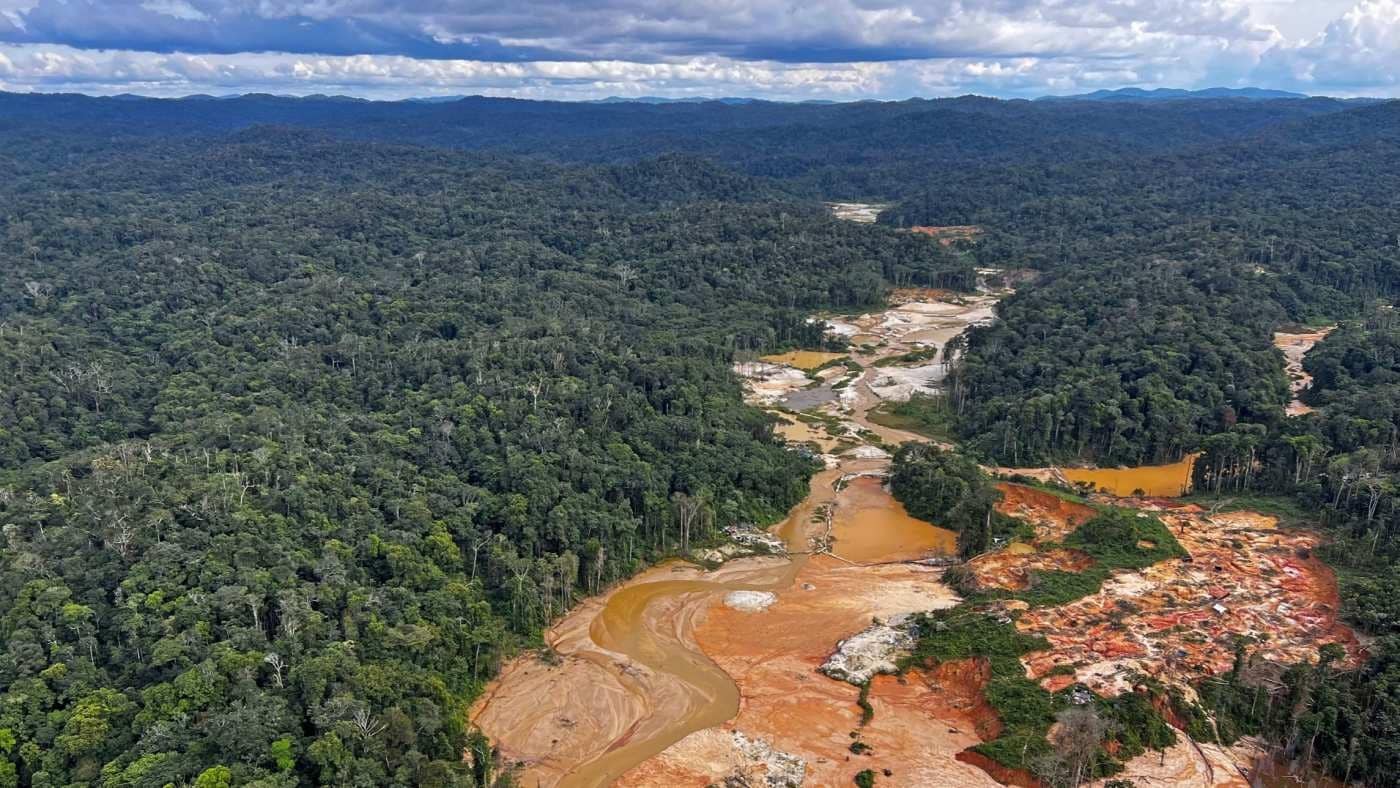No trust, no trade
Lina Thomas is a Fellow at Harvard University where she teaches macroeconomics and American economic policy. Martin Söndergaard serves as a Teaching Fellow and a Research Associate at the Mossavar-Rahmani Center for Business and Government at Harvard University.
To everybody’s nobody’s surprise, it turned out that carbon offsets were one of the bigger grifts of the bubble-hype-markets-thing that just happened. But is simply discarding these markets going to help climate change?
Undoubtedly, no. Carbon offsets might not be the end-all, be-all solution to climate change, but they can still play a valuable role. Making them useful means focusing on the flaws in the mechanisms that control verification. Or in normal parlance: carbon has to be purged of bullshit.
You see, it turns out that trust in this market isn’t just nice to have; it’s essential. Carbon’s 90 per cent price plunge and 32 per cent supply contraction of deforestation projects over two years are testament to a crisis of credibility.
To build this trust, what’s needed is a robust legal and regulatory infrastructure, complete with a well-resourced oversight body. This entity should have the authority and capability to investigate and prosecute deceptive practices (yup, it would be very busy), thereby ensuring that carbon credit suppliers are held to account. Such a framework would instil confidence among buyers and other market participants that you’re not just buying thin air.
Increasingly, companies are advertising their carbon neutrality: Apple this month said the new Apple Watch is its first carbon-neutral product. But public scepticism remains high — and for good reason.
Past incidents — a list way too long to mention here — have shown that companies often misrepresent their carbon-offsetting efforts. Lack of trust and clarity devalues even well-intentioned initiatives. For example, what the hell even is a carbon-neutral watch?
This scepticism isn’t necessarily a strike against Apple, whose marketing can rarely be faulted. What it does suggest is that the current landscape lacks sufficiently credible organisations to certify credits. A recent Guardian investigation into the biggest certifier of carbon credits found that more than 90 per cent of its rainforest carbon offsets were worthless.
And claims of sustainability can backfire. Delta Air Lines may be a case in point: it is facing a class-action lawsuit in California for allegedly relying on dubious carbon offsetting programmes to justify higher fares.
The challenge of substantiating genuine carbon offsetting can be broken down into two distinct issues. The first is the inherent complexity of accurately measuring real-world carbon offsetting; a challenge even for the most earnest companies.
This centres on three key factors: “Additionality,” ensuring that the project creates emission reductions that would not occur without it; “Permanence,” emission reductions that are enduring; and “Leakage,” avoiding new emissions elsewhere as a result of the project.
Government oversight to validate claims and ensure impartiality would give the market a chance of evolving and fine-tuning these methodologies. Without it, long live the grift.
The second challenge stems from the potential biases of third-party verification organisations that have financial incentives to compromise their impartiality. While these organisations often operate as non-profits, their funding models (and need for revenue) inherently incentivise verifying projects that may not be verification-worthy. Further, competition in the industry is such that if a project is rejected, the owner can simply seek approval from a rival agency.
Government intervention is crucial to ensure unbiased, reliable verification. No private organisation can match the level of trust that a state-backed, well-funded oversight agency can command.
OK, so some governments have started cracking down on greenwashing. But weirdly, they’re treating it primarily as a marketing compliance issue, rather than acknowledging it as a burgeoning market that demands a level of regulation more in line with financial markets than with advertising legislation.
Regulation needs to go much further. In the absence of robust and comprehensive measures, the consequences are inevitable.
Firstly, organisations selling carbon offsets that are genuinely reducing carbon emissions are at a disadvantage. They are being pushed to the sidelines by organisations that make deceptive claims about their carbon offsetting.
Secondly, the absence of stringent oversight fosters an environment of mistrust and scepticism for potential buyers of carbon offset. Unable to identify fact from fiction, buyers become hesitant to enter the market at all.
Imagine a world where third-party organisations took sole responsibility for auditing and verifying a company’s financial statements, with no official oversight or legal repercussions for foul play. Would you feel comfortable investing in such an environment? Likely not, as the risk of misinformation would be far too high, undermining trust and severely compromising the efficient allocation of capital.
Similarly, without stringent regulation the carbon offset market falls perilously short of being credible. Until there is true government oversight, any commitment to combating climate change cannot be taken seriously.
Carbon offsets are still a good idea! But they must be independently regulated.
Implementing such reforms is crucial. It needs to be done quickly; the longer we delay, the more challenging it becomes to overturn ingrained scepticism and catalyse substantive shifts in our global approach to climate action.



